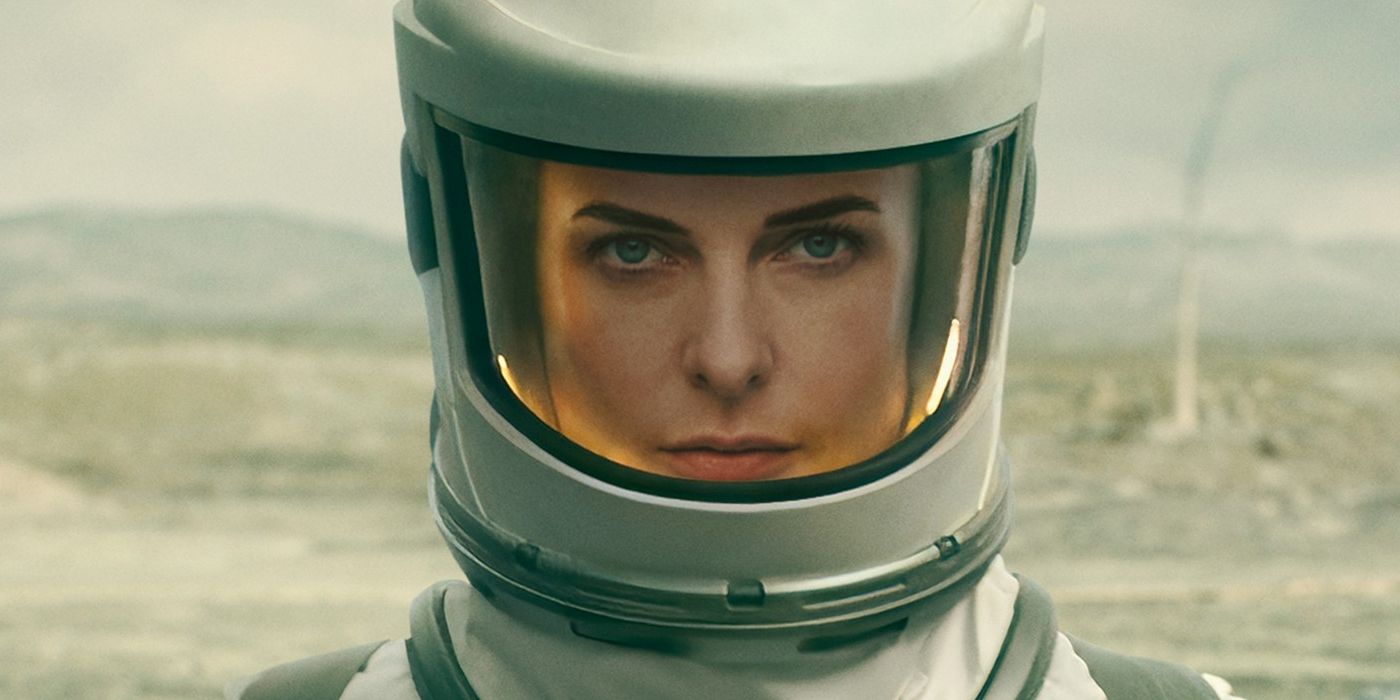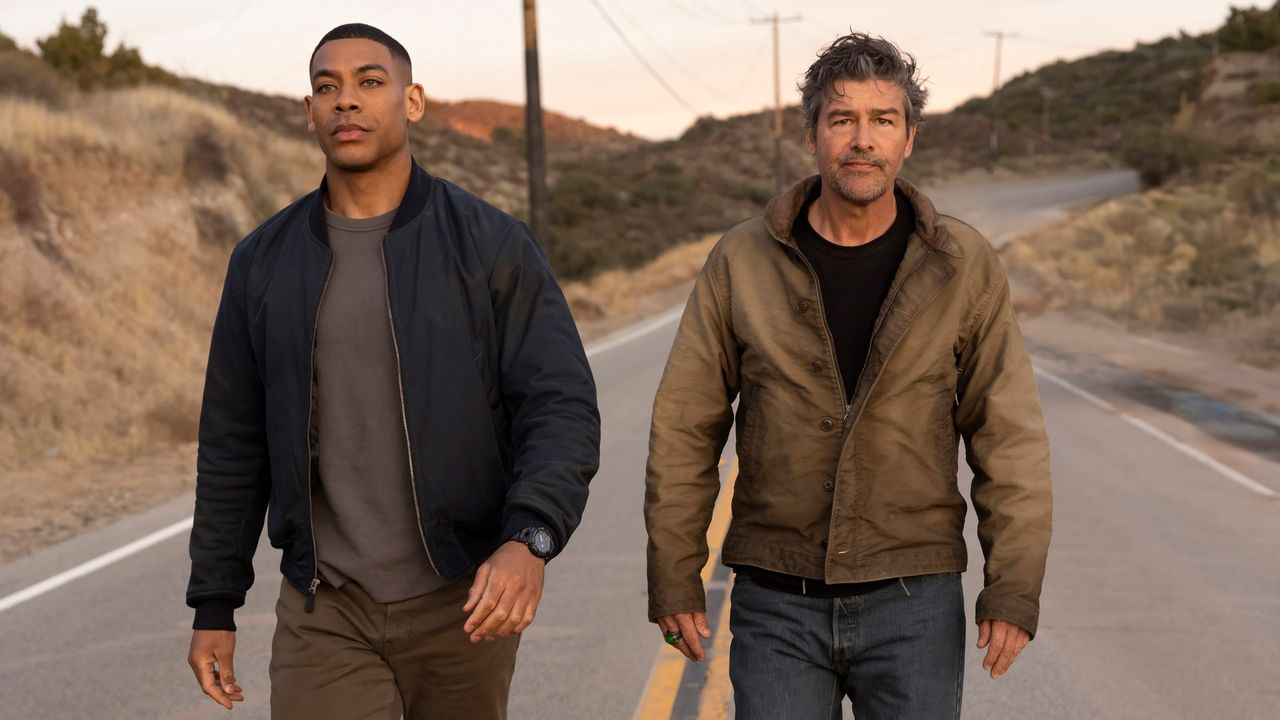A bold new chapter in the Predator saga may alienate legacy fans, mirroring the cultural rifts of our time as Dan Trachtenberg’s “big swing” in Predator: Badlands challenges traditional narratives, igniting fierce debates over authenticity and evolution in beloved franchises.
Critics are buzzing with mixed reactions to the latest installment in the Predator franchise, titled Predator: Badlands, directed by Dan Trachtenberg. The film has been described as a “pretty badass expansion” of the series, yet it has also stirred concerns among long-time fans who may find themselves at odds with the new direction taken by the filmmakers. This dichotomy reflects broader cultural conversations about legacy, authenticity, and the evolution of beloved stories in modern cinema.
The Predator franchise, which first burst onto the scene in 1987 with the Arnold Schwarzenegger-led original, has undergone numerous transformations over the decades. From its initial blend of action and science fiction to its later entries that explored various themes and styles, the series has consistently sought to reinvent itself. However, each new iteration has also faced scrutiny from fans who hold a deep-seated affection for the original film and its sequels.
Trachtenberg, known for his work on 10 Cloverfield Lane, has taken a bold approach with Predator: Badlands, which critics say represents a significant departure from previous entries. This “big swing” is indicative of a broader trend in Hollywood, where filmmakers are increasingly willing to challenge the status quo and push narratives into uncharted territories. While this can lead to exciting new storytelling possibilities, it can also alienate those who feel a strong connection to the established lore and character arcs.
One of the central themes of Predator: Badlands appears to be the exploration of identity and survival in a harsh, unforgiving landscape. The film’s setting and characters may reflect contemporary societal struggles, paralleling the real-world challenges many face today. This thematic depth can be seen as a double-edged sword; while it offers a fresh perspective, it risks losing the essence of what made the franchise resonate with its core audience.
The divide between legacy fans and new viewers is not unique to Predator: Badlands. Many franchises have grappled with similar tensions, particularly as they seek to attract younger audiences while retaining the loyalty of long-time supporters. This balancing act often leads to heated debates within fan communities, as differing opinions clash over what constitutes “authentic” storytelling.
As the film’s release approaches, discussions surrounding Predator: Badlands have intensified, with fans expressing both excitement and trepidation. Some are eager to see how Trachtenberg’s vision expands the universe, while others worry that the changes may dilute the franchise’s core elements. This tension mirrors larger cultural conversations about change and tradition, where the desire for innovation often clashes with a longing for the familiar.
Moreover, the film’s reception may also be influenced by the current landscape of entertainment, where audiences are more vocal than ever about their preferences and expectations. Social media platforms have become battlegrounds for fans to voice their opinions, leading to a more polarized environment where differing perspectives can quickly escalate into fierce debates. This phenomenon is particularly pronounced in discussions about legacy franchises, where nostalgia often plays a significant role in shaping viewer expectations.
In this context, Predator: Badlands stands as a microcosm of the broader struggles faced by creative industries today. The film’s potential to alienate legacy fans while captivating new audiences underscores the complexities of storytelling in an era marked by rapid change and shifting cultural values. As Trachtenberg navigates these challenges, the outcome of Predator: Badlands may serve as a barometer for the future of franchise filmmaking, revealing whether audiences are ready to embrace bold new directions or if they will cling to the familiar narratives that have defined the genre for decades.
Ultimately, the success of Predator: Badlands will hinge on its ability to resonate with both new and old fans alike. The film’s exploration of identity, survival, and the human experience in the face of adversity may provide a rich tapestry for storytelling, but it remains to be seen whether this will be enough to bridge the divide between generations of fans. As the release date approaches, anticipation continues to build, with many eager to see how Trachtenberg’s vision will unfold on the big screen. The outcome may well shape the future of the Predator franchise and influence the broader landscape of cinematic storytelling for years to come.




